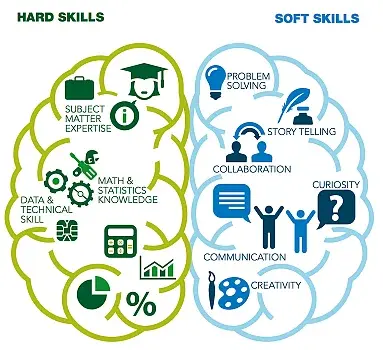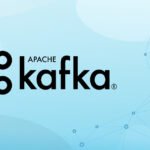The Technical Skills Grind—But Still No Job?
If you’re grinding through machine learning courses, Kaggle competitions, and brushing up your SQL skills every night—props to you. That stuff is tough.
But if you’re still not landing that sweet data science role, it might be because you’re overlooking one critical thing: soft skills.
They’re not flashy. They’re not buzzwords. But ask anyone working in the field—communication, storytelling, collaboration, emotional intelligence—they matter just as much as your models.
My Wake-Up Call
Back in 2021, I was interviewing for my first full-time data science role. I had a strong portfolio, some GitHub projects, and I could explain logistic regression in my sleep.
Yet, after my third interview rejection, a recruiter finally offered some feedback:
“You’re clearly technical, but we need someone who can explain things to stakeholders who don’t speak ‘data’.”
That hit hard. I’d been preparing for a stats exam, not a business conversation.
Soft Skills = Job Requirements

Here’s why soft skills are not “optional extras” in data science—they’re deal-makers.
1. Communication
Not just comments in code. I’m talking about:
- Explaining why you chose one model over another in plain English
- Turning charts into actionable insights
- Telling the story behind the numbers
2. Curiosity
Being curious isn’t just about the data—it’s about the business. Curious people ask,
“Why is churn high this quarter?”
“What’s behind the seasonal dip in signups?”
That curiosity makes you more than a coder—it makes you a valuable problem-solver.
3. Empathy & Collaboration
You’ll work with engineers, marketers, product managers, sales…
If you can’t understand their goals, or communicate on their terms, you’ll struggle—no matter how sharp your models are.
4. Storytelling
You don’t just report results. You:
- Frame the problem
- Walk people through what the data says
- Recommend a clear course of action
The best data scientists? Part teacher, part detective, part artist.
A Real Example That Nailed It
A friend of mine got hired at a mid-sized eCommerce company. He was solid at Python—but not exceptional.
So why did he get the offer?
In his case study interview, he began by saying:
“Here’s how I’d explain the problem to the product team…”
He walked through diagrams, talked business impact, clarified assumptions, and told a simple story.
The hiring manager? Impressed. Offer extended.
Why We Learn the Wrong Way Around
Most of us learn data science backwards.
We start with:
- Python, R, pandas
- Probability, statistics
- Model tuning
But no one teaches us how to:
- Ask the right questions
- Talk to stakeholders
- Present results clearly
That’s a huge gap. Soft skills are the bridge between your code and real-world value.
How to Build Soft Skills (Without Cringe)
Here are practical ways to improve your soft skills without sitting through awkward seminars:
- Start writing: Blog on Medium, post on LinkedIn, or share Twitter threads. Simplify your project ideas.
- Teach someone: Try explaining k-means to a friend with zero tech background.
- Join a group project: Hackathons or open-source ML projects teach communication and collaboration.
- Shadow a product/marketing team: Learn how non-tech teams think and talk.
- Record a walkthrough: Present a project on video. See where you get too technical—then simplify.
The Interview Round That Really Matters
Almost every data science interview now includes a behavioral round.
That’s where soft skills matter most. They’re not filler. They’re testing:
- How you approach messy problems
- How you communicate under pressure
- Whether you can be a teammate, not just a coder
Companies hire teammates, not just tech wizards.
Final Thoughts: Code Alone Isn’t Enough
If you’re serious about data science, keep learning the technical side. But don’t neglect the human side—the part that turns your insights into decisions.
Soft skills aren’t fluff. They’re what elevates you from building models to solving real problems.
They’re learnable. Just like pandas.
So next time you’re preparing for a role, don’t just rehearse notebooks—practice telling a story.
Read more posts:- Using Apache Kafka for Event-Driven Architectures


